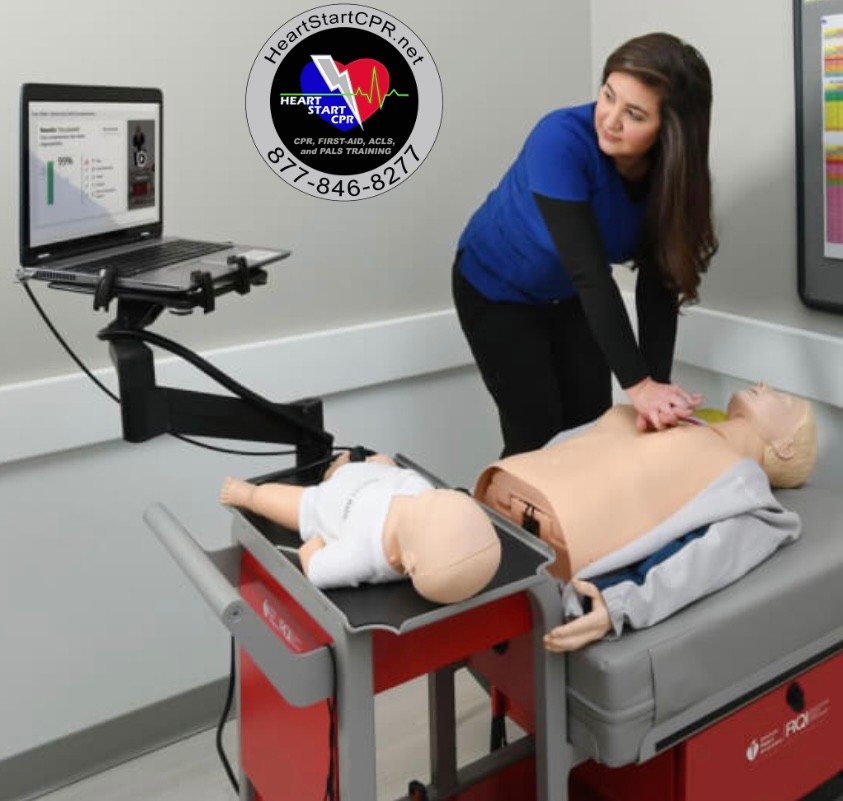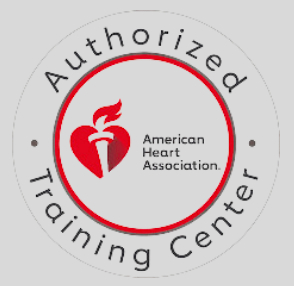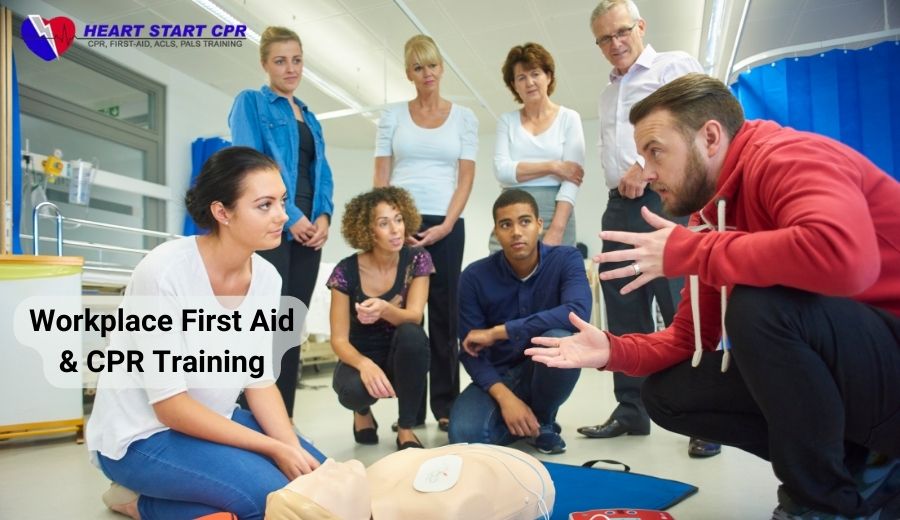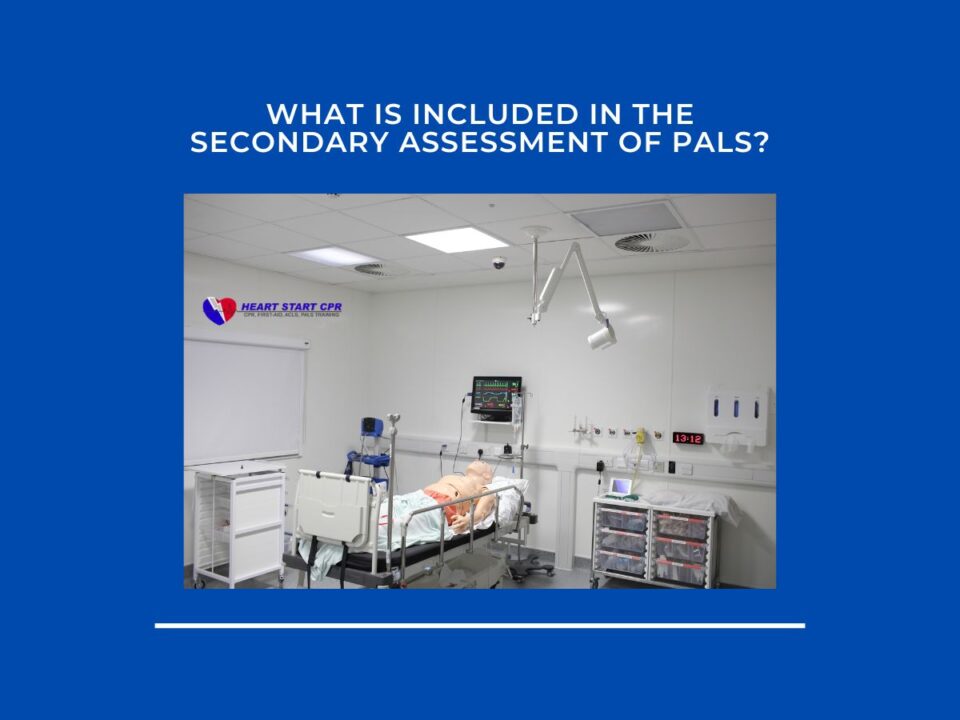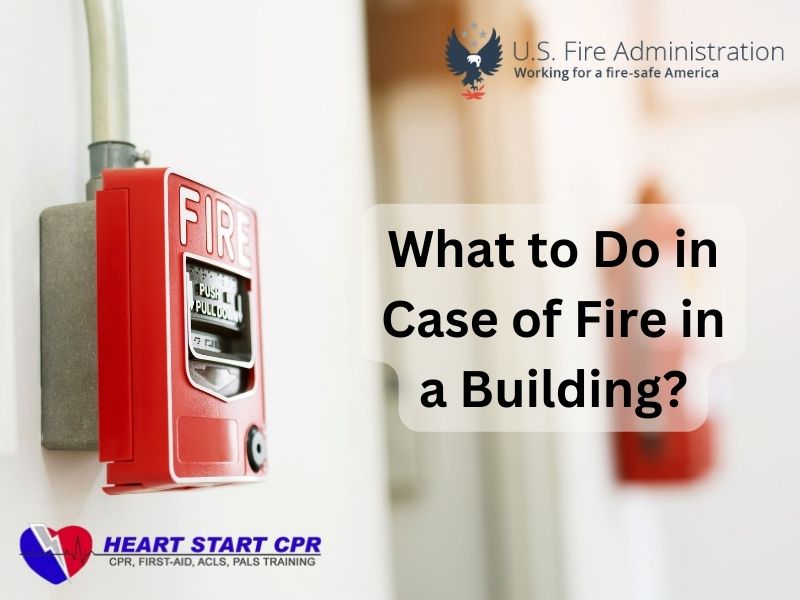
What to Do in Case of Fire in a Building?
December 19, 2022
Empowering Youth: Benefits of CPR Education in High Schools
January 20, 2023Workplace emergencies can happen at any time and without warning. It is crucial for employees to be prepared and know how to respond in case of an emergency. A well-prepared emergency response plan can mean the difference between life and death. The US Bureau of Labor Statistics suggests that over 5,000 Americans die annually from workplace injuries.
The Occupational Safety and Health Act (OSHA) is a federal law enacted in 1970 to ensure that employee is safe and healthy. The law was created to protect employees from workplace hazards and reduce workplace injuries and illnesses. OSHA mandated a law requiring managers to undergo CPR Training.

First Aid and CPR are temporary medical assistance given to the injured person until a medical team arrives. Employers are responsible for keeping the workplace safer and ensuring that designated people are trained in First Aid and CPR. First aid and CPR training in the workplace are crucial for ensuring the safety and well-being of all employees. In an emergency, such as a heart attack or injury, trained employees can provide immediate care, potentially preventing further harm or death.
One of the main benefits of workplace CPR and first aid training class is that it empowers employees to take action in an emergency. Trained employees can provide immediate care, such as CPR until emergency medical services arrive. This can greatly increase the chances of survival for the person in need.
CPR and First Aid Training for managers
CPR (Cardiopulmonary Resuscitation) training is crucial for managers because it equips them with the skills and knowledge to respond effectively in a medical emergency. Managers play an important role in creating a safe and healthy work environment for employees. CPR training is a key component.
Related post: Heart attack first aid guide
CPR training is necessary for managers because it instills them with the essential skills and knowledge to respond effectively in a medical emergency. It can save lives, reduce legal liability, foster a safety culture, and help managers lead by example and cope with crises. Employers should consider providing CPR training to all managers as part of their workplace safety program.
The following are the reasons why CPR Training is a must for managers:
- It can save lives: Every second counts in a cardiac emergency, such as a heart attack. Managers who are trained in CPR can provide immediate care and potentially save the life of an employee or co-worker.
- It can reduce legal liability: If an employee or co-worker experiences a medical emergency and no one is trained in CPR, the manager may be liable for not providing adequate emergency care. By providing CPR training to managers, employers can help to reduce the risk of legal liability.
- It can foster a culture of safety: When managers are trained in emergency response, they are more likely to be aware of potential hazards and take steps to prevent accidents and injuries. This can lead to a safer and more efficient workplace overall.
- It can help managers lead by example: Managers trained in CPR can serve as positive role models for other employees and encourage them to get trained in CPR as well.
- It can help managers cope with an emergency: Managers trained in CPR will have the knowledge and skills to handle emergencies calmly and composedly and won't get panicked.
Related Post: The Three C’s of First Aid Protocol
Benefits of CPR Training for Workplace Emergencies
CPR (Cardiopulmonary Resuscitation) training can provide several benefits for workplace emergencies. CPR is an important emergency procedure to save the lives of people who have stopped breathing or whose heart has stopped beating. It is a combination of chest compressions and rescue breathing that helps to circulate oxygen and blood to the brain and other vital organs. By providing CPR, you can help to keep the person alive until emergency medical services arrive. CPR can also help restore a normal heart rhythm in cases of cardiac arrest. In short, CPR is important because it can help save lives in emergencies. Here are a few key benefits of CPR training for employees and managers in the workplace:
Workplace CPR helps to save lives.
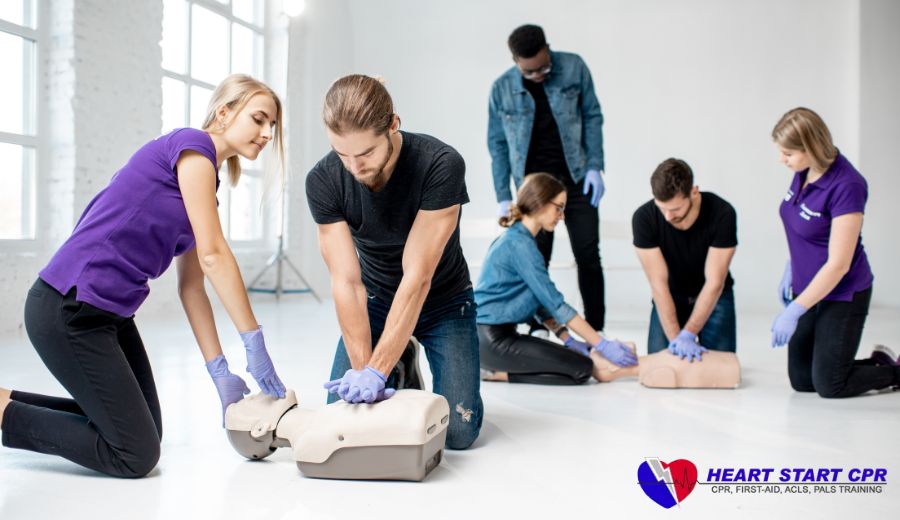
Every second counts in a cardiac emergency, such as a heart attack. Employees and managers who are trained in CPR can provide immediate care and potentially save the life of a co-worker or employee. About 1000 cardiac arrests happen daily in the USA, and only 10% survive. The survival of cardiac arrest victims depends on the fact how quickly CPR is performed. The victim experiencing cardiac arrest is likely don't receive CPR.
So for the safety of others and yourselves, workplace CPR training is a must. Enrolling in workplace CPR training provides individuals with a deep understanding of CPR and how it saves lives.
CPR Training can reduce legal liability
Suppose an employee or co-worker experiences a medical emergency and no one is trained in CPR. In that case, the employer may be liable for inadequate emergency care. By providing CPR training to employees and managers, employers can help to reduce the risk of legal liability.
It can foster a culture of safety.
When employees and managers are trained in emergency response, they are more likely to be aware of potential hazards and take steps to prevent accidents and injuries. This can lead to a safer and more efficient workplace overall.
Related Post: The Three C’s of First Aid Protocol
Learn to use AED
The proper use of an AED has also been covered in workplace CPR certification. Restoring a cardiac arrest victim's heartbeat is almost impossible without using AED. Contrary to chest compressions, using an AED to save a life takes greater expertise and training. You will understand the variations between using the device for newborns and people arrested during the training. A functioning AED should be available in every workplace. Safety managers with CPR knowledge will ensure their company has the tools it needs in an emergency.
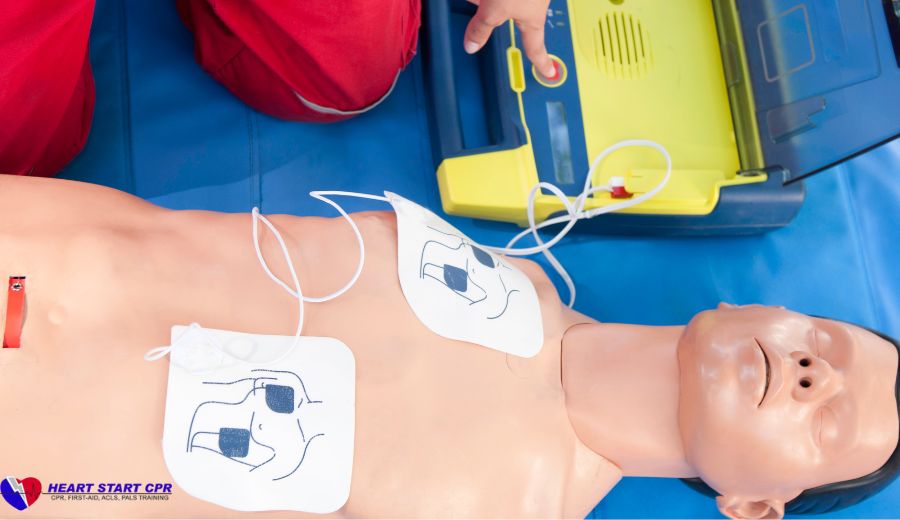
CPR can help employees and managers lead by example
Employees and managers trained in CPR can serve as positive role models for other employees and encourage them to get trained in CPR as well. CPR training is a requirement for most jobs nowadays. The CPR-trained staff can save lives in case of emergencies.
Workplace CPR teaches to cope with an emergency.
Employees and managers trained in CPR will have the knowledge and skills to handle emergencies calmly and composedly without panicking. Workplace CPR is a training program that teaches individuals how to respond to a cardiac emergency in a work setting. The program typically includes instruction on performing cardiopulmonary resuscitation (CPR), using an automated external defibrillator (AED), and providing basic first aid. Workplace CPR aims to empower employees to act quickly and effectively in the event of a cardiac emergency, increasing the chances of survival for the individual in distress.
It can increase employee morale and trust.
When employees and managers see that their employer is invested in their safety and well-being, it can boost employee morale and confidence in the company.
In conclusion, CPR training can provide numerous benefits for workplace emergencies. It can save lives, reduce legal liability, foster a safety culture, help employees and managers to lead by example and cope with emergencies, and increase employee morale and trust. Employers should consider providing CPR training to all employees and managers as part of their workplace safety program.
On-site Training at Heart Start CPR
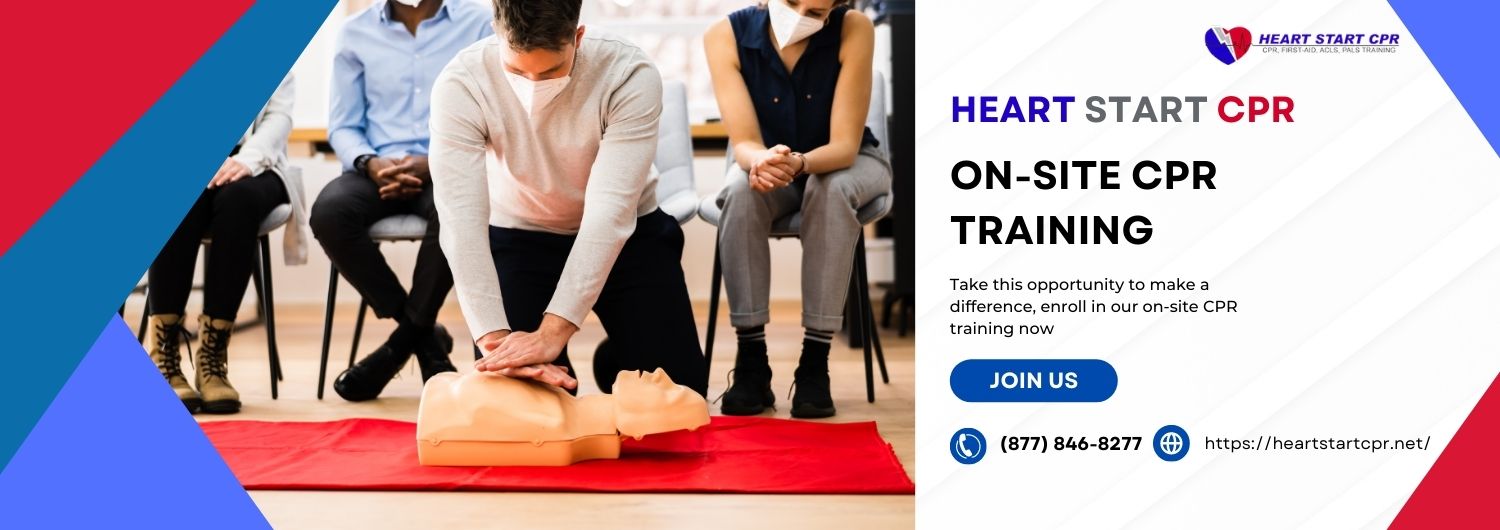
Want to set a positive example for your team or employees? Sign up for our on-site CPR training and become a certified lifesaver. Not only will you be prepared to handle emergency situations, but you'll also lead by example and promote a culture of safety and readiness within your organization. Please take this opportunity to make a difference; enroll in our on-site CPR training now!!!

